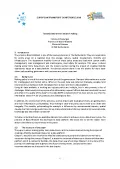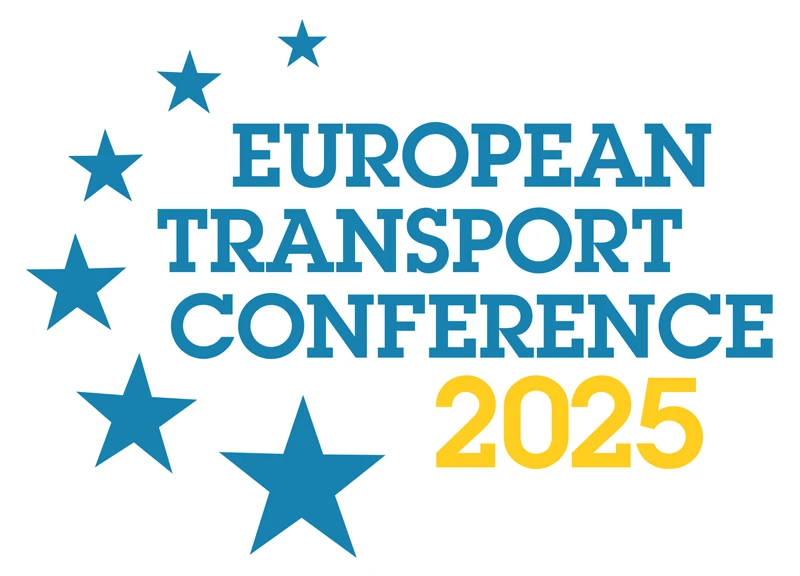-
Past ETC Papers

Browse, search and view papers from the past AET Conferences.
-
Members' Area

AET promotes networking and exchange of ideas, information and opportunities amongst members.
Conference Papers 2019
Dublin, Ireland
ETC Conference Papers 2019
Towards data-driven decision making
Seminar
Day 3 (11 Oct 2019), Session 10, Policy and Data Driven Decisions, 14:00 - 16:00
Status
Accepted, documents submitted
Submitted by / Abstract owner
Martijn Heynickx
Authors
Simone Schiebergen
Miranda Driessen
Short abstract
Previously, data wasn’t important to governments. Few governments are data mature. The data revolution is changing these views. The province of Noord Brabant is modernizing its data management. What are the keys to success/difficulties to overcome?
Abstract
The province of Noord-Brabant has a central role in providing an efficient and durable transport system incollaboration with municipalities and the national government. This varies from traffic policy, public transport, cycling policy and innovative transportation services as Mobility as a Service. Every aspect of our policy making and practically all projects need to be fed with data and information but can produce a lot of data as well.
In the past, data within the government was regarded as a by-product or an unwanted necessity; therefor few government agencies are “data or information mature”. In the last years however, because of the data revolution, policy makers are starting to realize the importance of data (including refinement, enrichment to information, accessibility, …). For instance, Smart Mobility needs consistent datastreams and high quality of the data for its projects, while on the other hand there is a constant call for more integral policy making. But how do you keep your organization on track in a data oriented world?
Since approximately 2015-2016, each individual project provided a one shot fix for its information demand. Added to that, each project focused on just a part of the information chain. Thus data gathering, enrichment and implementation took much effort, time and resources in every process. But even worse, this was in no manner incorporated in new or existing systems, nor in our business processes. The result was a lack of overview and standards, and because of duplicate actions, a lot of wasted money without permanent or more future proof solutions.
Worryingly, the same can be spotted across all government agencies in the Netherlands.
Things had to change! We wanted to bring our entire data and information management into a modern perspective. With this in mind, we had to develop instruments on all data and information levels:
- data and IT solutions
- data-analysis, enrichment and integration
- from data towards information – management information and knowledge
- Visualization
This paper will address the origin and issues leading to this modernization, keys to success, issues and difficulties to overcome (technical and process-oriented), and how to cope with them.
With our approach, the goal is to facilitate the entire information chain from data to decision making information, while every aspect has to be thoroughly ensured.
But what about privacy? Data ownership? Where is the data stored and how can we access it efficiently? With which partners and how can this be arranged structurally? And how about the users? They aren’t all the same, so do they need the same level of information, instruments / environment, etc.? All these questions and many more needed to be answered. And because of this, the entire process is very time and resource consuming at first, but will benefit the overall government efficiency and effectiveness in short and long term.
Programme committee
Data
Documents:

Association For
European Transport
Forester House
Doctors Lane
Henley-in-Arden
Warwickshire, UK
B95 5AW
+44 (0) 15 64 793552
VAT number: 710 1866 64
Conference Supporters & Endorsers




Legal Entity
The Association for European Transport is registered as an Association ('vereniging') with the Chamber of Commerce for Haaglanden in The Netherlands under company number 27170096.
Built on Zenario




